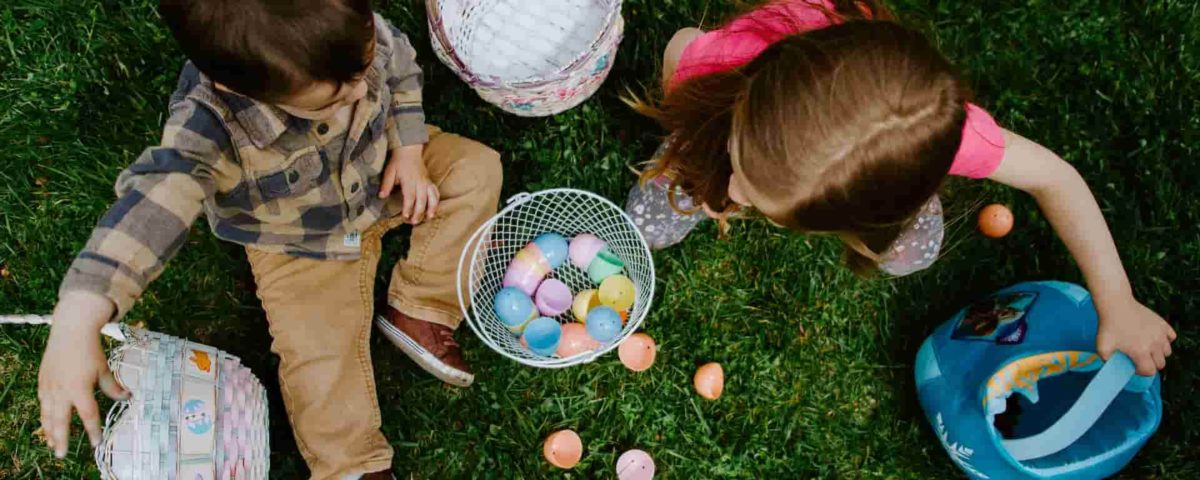We continue this week in the series by Bob Goff entitled Love in Chaos. This week we will view “God Loves You And Everyone Else Too”
SESSION GOALS
Every session has a point—what each participant should walk away from the discussion knowing, feeling, and doing.
- Main Idea: When we remember our weaknesses, we will be patient and generous toward others.
- Head Change: To know that our weaknesses don’t disqualify us from following Jesus but embolden us to humbly act in faith.
- Heart Change: To feel compassion for those who are struggling.
- Life Change: To be a safe place for people by exercising humility, patience, and tenderness toward them.
Is there a sport or a recreational activity that you simply aren’t good at? If so, which one(s)?
Each of us has that one thing (at least) that we’re simply not good at. Whether it be a sport, a physical activity, or even a recreational activity like dancing, there is something we’re bad at. We know we’re bad, and so we often steer clear of it.
Sometimes following Jesus can take on a similar character for us. Our weaknesses—whether hardships we’ve encountered or personal failures—can cause us to steer clear from exercising our faith. In this session, Bob will help us see that our weaknesses shouldn’t distract us from serving others but should embolden us.
Watch Session 2: God Loves You And Everyone Else Too (11 minutes).
REVIEW
One of Bob’s hopes for this series is that we’ll be able to see our “piccadillies,” or some of the ways we struggle, misunderstand the gospel, or even misrepresent Jesus. What have you learned about yourself so far in this series?
Bob shared a story of a failed sailing navigation to illustrate that it’s easy for us to get “a couple of degrees off” and veer slightly from what we know is best. When we do, it doesn’t take long before we experience a failure or hardship. Have you ever gotten a couple of degrees off? Where did that path lead?
Everyone gets “a couple of degrees off” at some point in their life. We’ve done it. Our friends and family have done it. Everyone we encounter daily has done it. It is important to remember that we all can mess up. How can the reality that everyone veers off course affect the way we engage with others? What emotions and character traits can that knowledge cultivate in us?
Bob said he hopes our deep dive into the Scriptures in this series will help us to remember who God has made us to be and what he says about us. Without recognizing who God says we are, we run the risk of misunderstanding ourselves entirely. How would you answer the question, “Who are you?” What factors inform who you are? Who does God say you are?
Bob talked about our tendency to fake who we are, both in front of others and ourselves. Do you ever fake who you are or put on a front to please others? Why? What could you do to be more comfortable with yourself and the way God made you?
Bob encouraged us to ask others, “What does it feel like to be you right now?” In what ways does this question force us to discuss how we’re really doing?
Let’s practice answering that question with each other. What does it feel like to be you right now? What did you learn about each other?
Whether it’s a major life setback or a struggling faith, Bob said that Jesus invites us to come to him about anything and everything. He also encouraged us to model Jesus’s openness for others. What setbacks have you experienced in life? In what ways have you struggled (or are you now struggling) in your faith? How can you use these experiences to draw yourself toward others who are experiencing similar hardships?
One of the major takeaways from this session was Bob’s encouragement for us to be generous toward others, especially those who’ve experienced a struggle or a setback. We can be a safe place for them—a place where they can speak without being judged or lectured. Who has been a safe place for you during a difficult time? In what ways did their generosity help get you back on your feet after you’d fallen?
What could you do to create a safe place for others?
Bob said if we want to be a safe place for others, we must practice patience—both with ourselves and with others. In what ways do you struggle to be patient? What could you do to develop more patience?
As he closed, Bob talked a lot about weakness. We often try to hide our weaknesses or steer clear of them, especially in our interactions with others. But Bob encouraged us to do the opposite, to be real and honest about our weaknesses. To what degree do you attempt to hide your weaknesses from others? What could change about your life and relationships if you were open about your struggles?
Bob said honesty and openness toward others about our weaknesses requires humility and authenticity. How can you make being “the most authentic, humblest version” of yourself the goal of every interaction you have?
LAST WORD
Life is hard and people are fallible. It can sound cliché, but everyone is fighting some kind of battle. Bob urged us in this session to be patient and kind, and to acknowledge our own tendency to “get a few degrees off course” when we interact with others. But his plea for patience, kindness, and authenticity is not a simple switch we can flip. We need the Spirit of God to bring these things to bear in our lives.
And when he does, we will represent Christ well to those around us. We’ll see him help us extend patience and generosity to others, even when we don’t feel equipped to do so.
